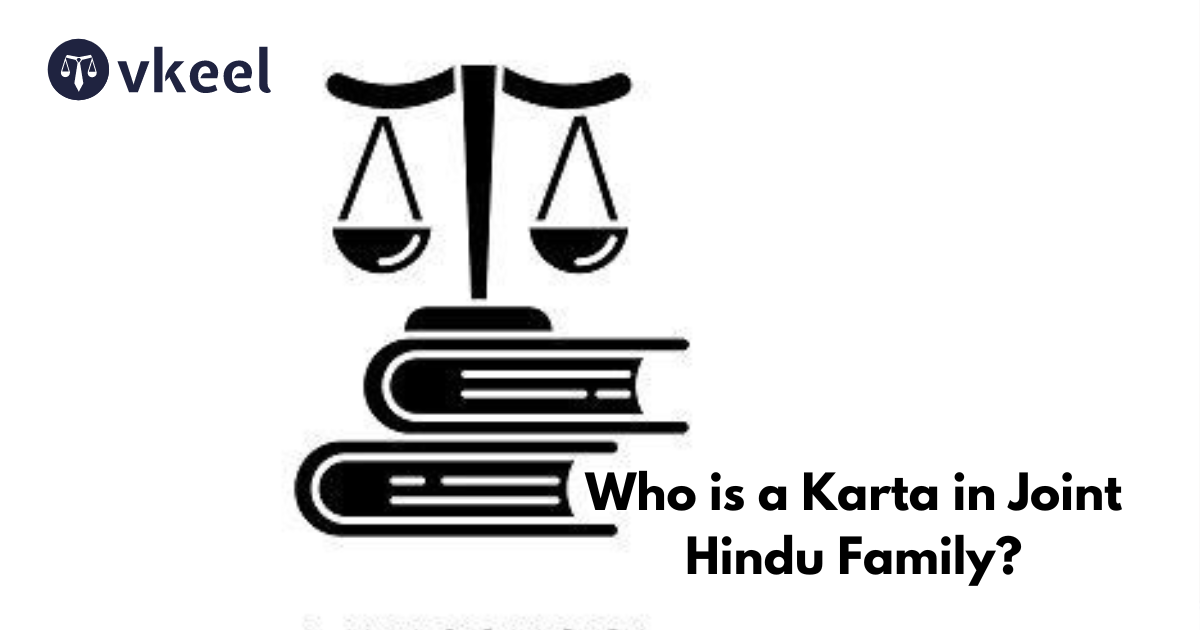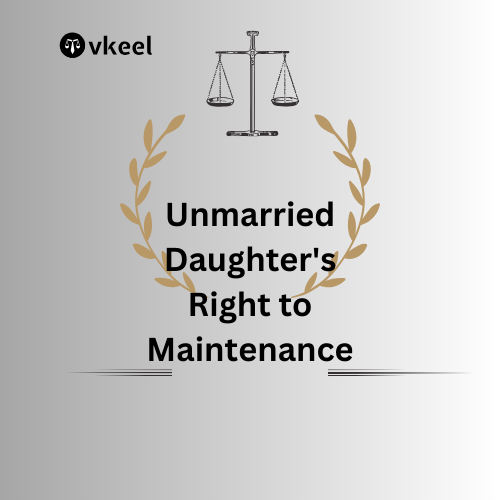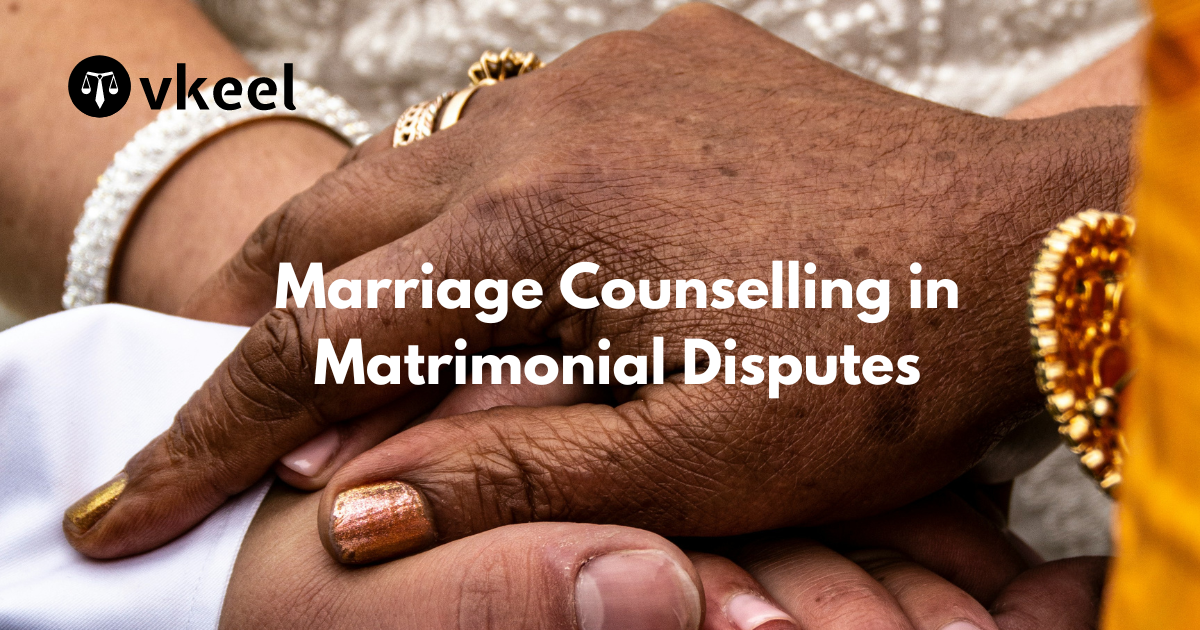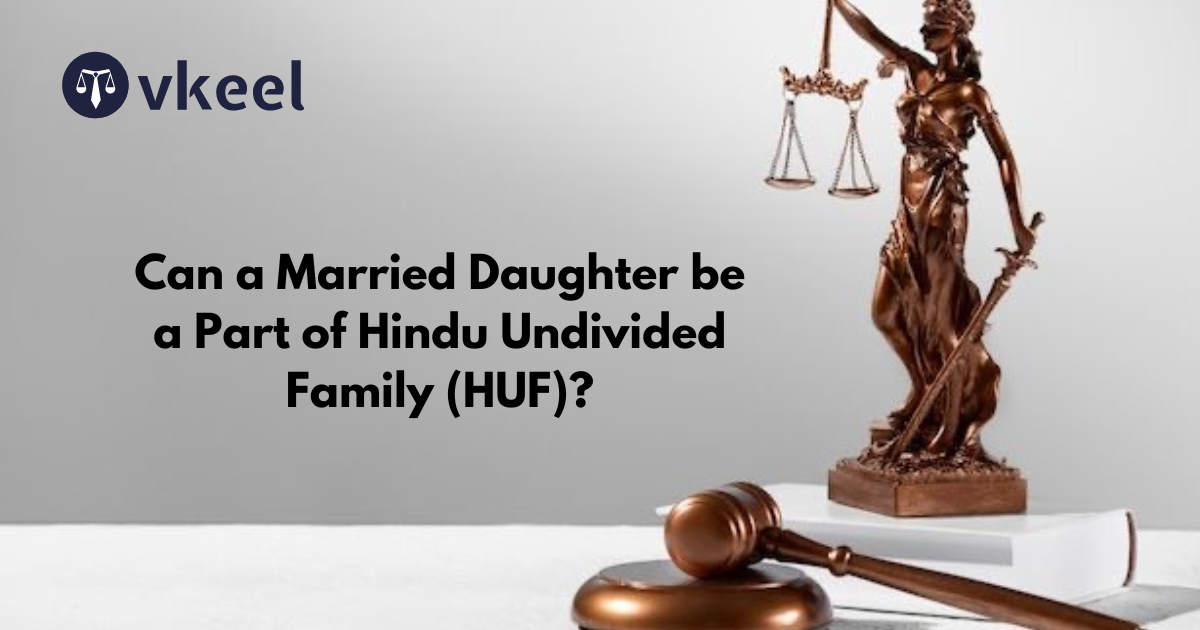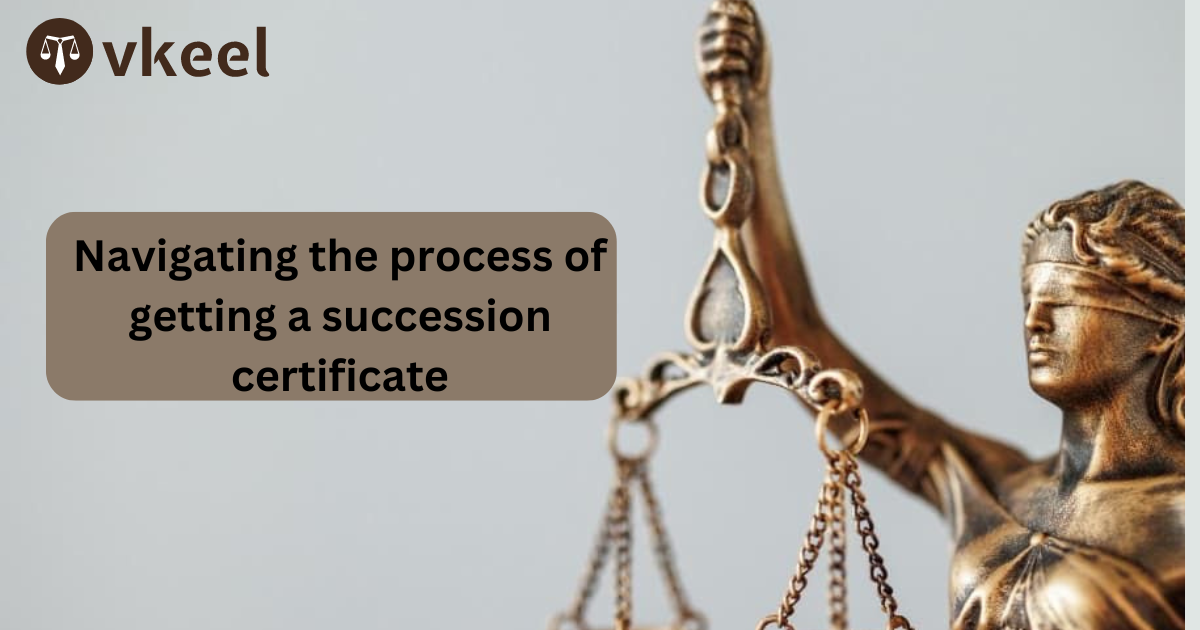Who is a Karta in Joint Hindu Family?
By Joy Puri
Introduction
A Hindu Undivided Family (HUF) is a legal entity which is recognized under Indian law. It generally consists of individuals who are the lineal descendants of a common ancestor, including their wives and unmarried daughters of the Hindu Undivided Family.
Governed by Hindu law, an HUF can own property, manage assets, and run businesses like any other entity. The head of the HUF is called the Karta who is typically the eldest male member and the one who manages the family affairs.
HUFs can be beneficial for separate tax exemptions and can divide income among members, reducing overall tax liability and the burden of tax over the family. Karta is the manager of the Joint family and thereby holds a pivotal position in the family.
He is the person with limited powers, but within his ambit of sphere, he possesses such vast powers as possessed by nobody else in the Hindu Joint family. Therefore, one can clearly state that position of the Karta is Sui Generis.
Who can be a Karta?
It is a presumption in the Hindu Law as stated by the sages and the shastric texts thereof, that the seniormost male member of the Hindu Joint Family is deciphered to be as the Karta of the Joint Family. A reference can be made to the landmark case of Ram Ekbal & Ors Vs Smt Khira Devi (1971). In another landmark case of Man Singh Vs Mussamat Ghaini (1918) the court of Law ordained that a leaper can also continue to be a karta of the Hindu Joint Family.
In the presence of the Senior male member, a junior male member cannot be a karta. But if all the coparceners agree, a junior male member may become the karta of the Joint Family. A junior member owes his appointment to the agreement or the consent of the coparceners. Coparceners may withdraw their consent at anytime.
In the case of M/s Nopany Investment Ltd Vs Santokh Singh (2008)SC673, A junior male member was realizing the rent from the property. The former filed the suit of eviction. The court of Law in this case enumerated that the tenant cannot question the locus standi of the owner.
The Nagpur High Court held that mother, though not a coparcener, can be a karta in absence of an adult male member. Her acts therefore will be binding on the other coparceners as to whom she posseses a fiduciary relationship.
In the landmark case of Commissioner of Income Tax Vs Seth Govind Ram took a view that mother or any female member of the family could not be a Karta, since the females cannot be coparceners as entailed by the Hindu Sages and therefore cannot alienate the Joint Hindu Family Property.
After the coming into of the Amendment Act of 2005, Females can now be the Karta of the Joint Hindu Family.
Position Of Karta?
The Position of the Karta is Sui Generis, which if translated opines to ‘of its own kind’ and the relationship between him and the members of the Hindu Joint Family is not that of the principal or the agent or like the partners of the firm. He shares a fiduciary relationship.
He is the head of the family and takes decisions for the betterment and the benefit of the respective family.
When any coparceners of the Hindu Joint Family raises the concern of fraud, misappropriation, or any other allegations which are levelled against him, the burden of proof to prove that such an act was done on the part of the Karta is on the one who makes the allegation.
He is not the Trustee of the resources of the family. Nobody can question him until and unless the allegations of fraud or misappropriation are levelled against him.
He obtains no reward for his services & may discharge any burdensome responsibilities towards the members of the Hindu Joint Family.
Powers of the Karta
The Karta of the family possesses wide powers while holding his pivotal position. He has the right to management of the family accounts and affairs of the family.
He further has the power to access the income of the family thereof. The karta can also represent the family members and can take actions on their behalf.
He has the power of compromising and negotiating with the outsiders as well as the family members of the Family.
He can refer any dispute to arbitration, and has the power to enter into contract with the outsiders of the family.
Conclusion
The karta, or head of a family, plays a vital role in ensuring the family runs smoothly over the time. Acting as the primary decision-maker, the karta manages finances, making sure bills are paid, savings are secure, and investments are wisely made. They solve problems that arise, keeping peace and harmony within the family.
Additionally, the karta guides and mentors younger members, teaching them responsibilities and life skills for the smooth functioning of the family thereof. Representing the family in external matters, they handle interactions with banks, legal issues, and other organizations. In essence, the karta organizes and oversees the family’s affairs, providing stability and direction thereby guiding them to the very destination.
Disclaimer:
The information provided in the article is for general informational purposes only, and is not intended to constitute legal advice or to be relied upon as a substitute for legal advice. Furthermore, any information contained in the article is not guaranteed to be current, complete or accurate. If you require legal advice or representation, you should contact an attorney or law firm directly. We are not responsible for any damages resulting from any reliance on the content of this website.

